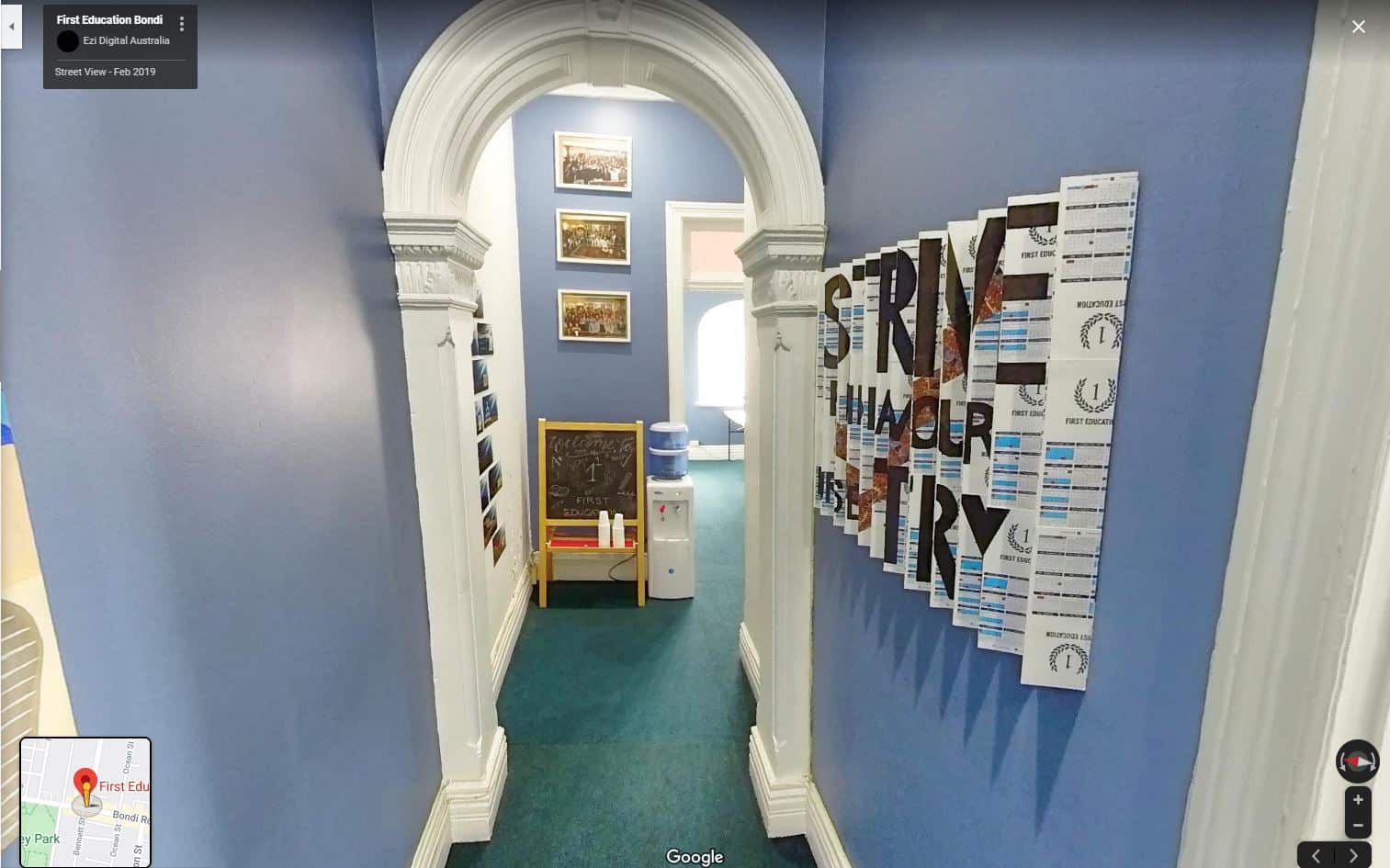
When I first started tutoring, I thought my job was to give students all the answers. If they were stuck on a maths problem, I’d walk them through every step. If they forgot a key term in an essay, I’d fill in the blank.
But a moment stands out to me that I learnt about the skill of tutoring. One of my students I was tutoring for maths, kept running into the same mistakes repeatedly after I had corrected him and tried to remind him about it. Then I decided to try another approach. Instead of explaining, I decided to give small prompts and reminders in an attempt to activate a moment of realisation or memory in his brain from previous sessions. At first, it may have felt awkward, but after a minute, he tentatively had a spark in his mind, and actually remembered after having forgotten a couple of moments before.
Since then, I’ve embraced a more hands-off style. I still guide students, but with questions and small prompts rather than direct answers. I might ask things such as: “Which formula could apply here?” And it’s amazing how often they already know the next step; they just need the space and time to find it in their brain.
This approach builds more than academic skills. Students grow confident in their ability to tackle hard problems and start recognising their own thoughts. They learn perseverance and learn more independent skills they’ll carry into university, work, and everyday life.
Lucas Sinnott

